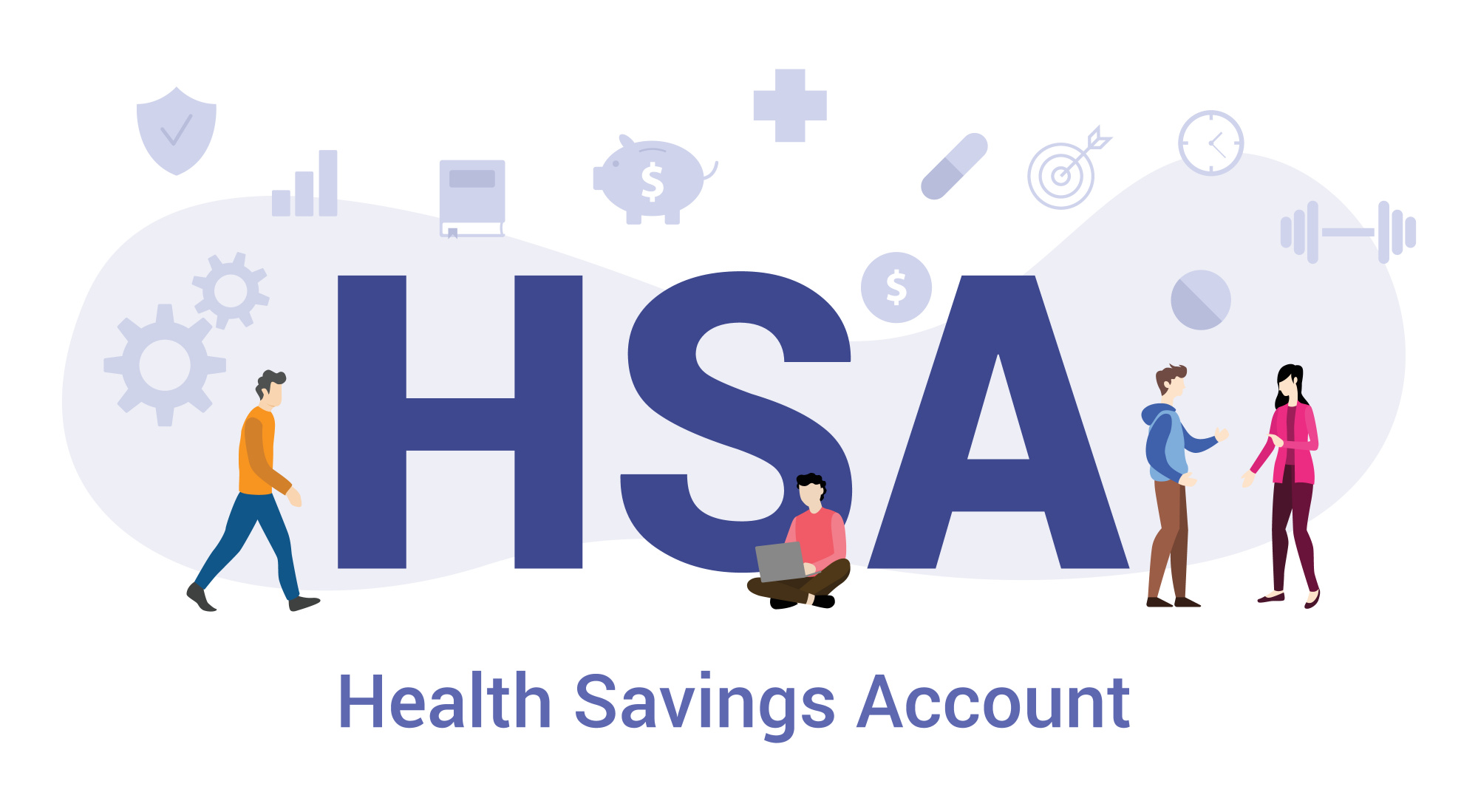People always have mixed opinions on IRAs, or individual retirement accounts. The traditional version lets you pay taxes later, which means you don’t have to pay taxes now and you are likely to be in a lower tax bracket once you retire and start withdrawing funds. On the other hand, Roth IRAs get the taxes out of the way now. Luckily, there’s another pre-tax account you can fill up as you decide which IRA you want to fill: your Health Savings Account (HSA).
What does an HSA have to do with retirement?
HSAs are advertised as a dedicated spending account for health-related expenses, and this is perfectly true. You can add up to $3,400 on a single plan and up to $6,750 on a family plan and not have to pay taxes on that portion of your income. That money stays in a separate account and can be used for a long list of medical purchases tax-free, and that’s a healthy discount no matter what tax bracket you’re in.
This peripherally relates to retirement already: money saved on expenses and taxes now can be stowed away in retirement accounts for the future, and having a dedicated pile of money for medical expenses really helps when you’re facing higher medical expenses on a potentially fixed income. But the real benefit is that an HSA is basically a second traditional IRA. Once you reach 65 years old, that money can be withdrawn for any reason, not just medical expenses. The only taxes you pay are regularly income tax, and you don’t have to pay any penalties for non-medical expenses like you would earlier. HSAs can also be invested for the life of the account; while some companies impose account minimums before you get started, you can invest your funds and watch that money grow whether you’re using it for medical expenses or you’re holding onto it for retirement age.
Maxing out your retirement accounts when you can is the best way to prepare for retirement, and knowing which accounts to prioritize is almost as important. Investing in your HSA should be one of your first moves, both for retirement and to lower your taxes year after year. Go to Roberts Tax Advisory for more financial tips here.








